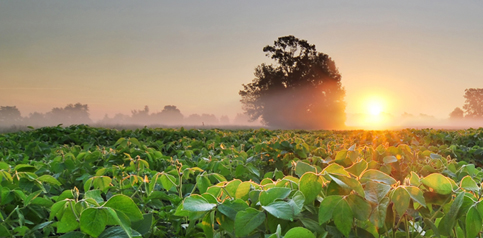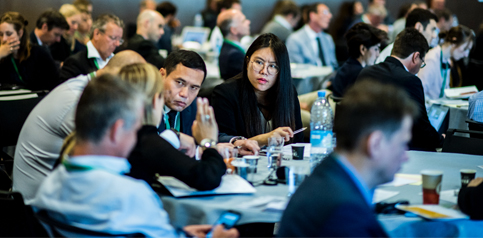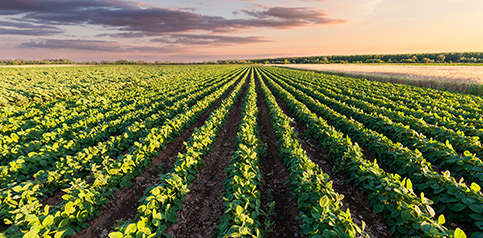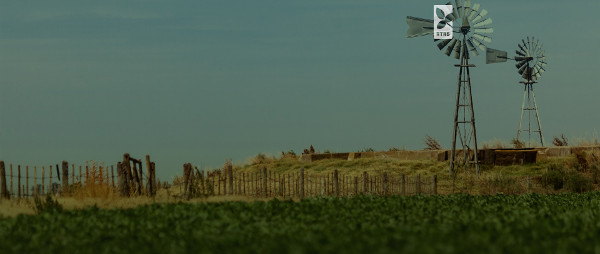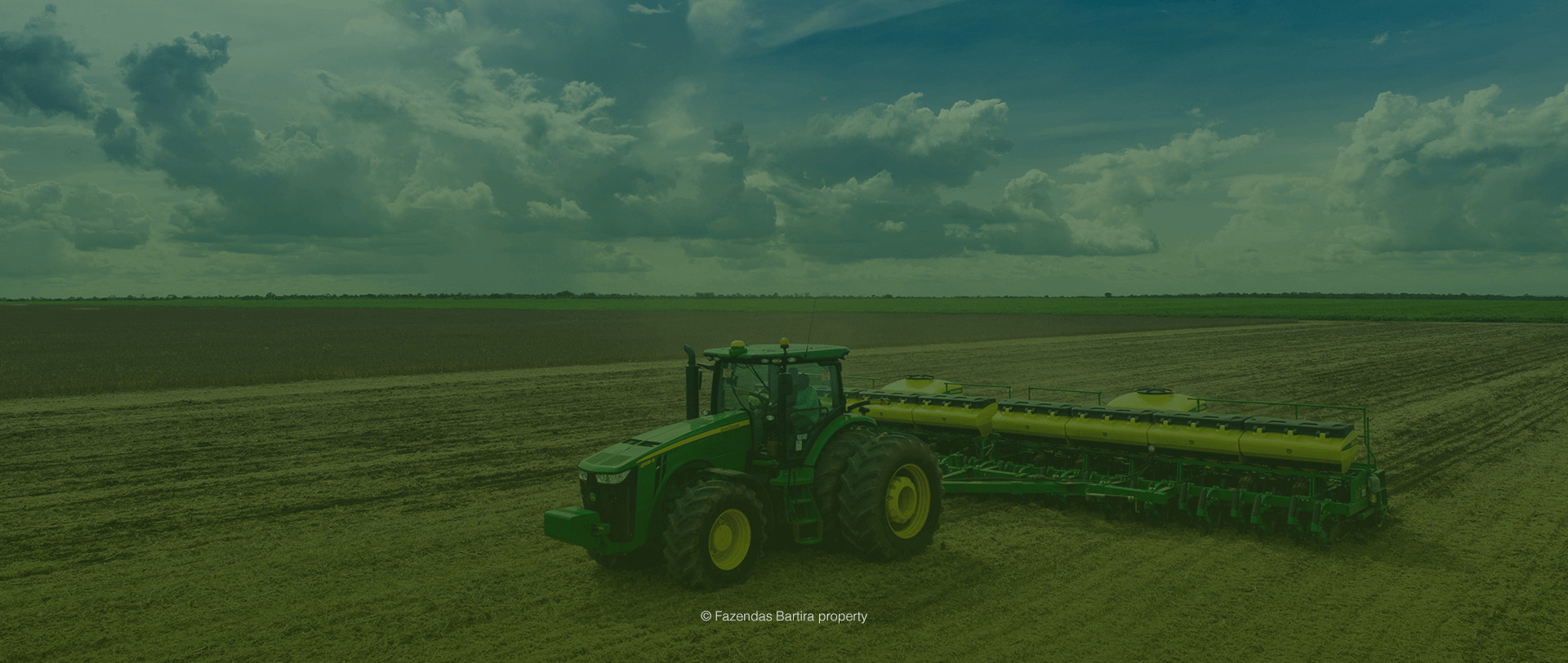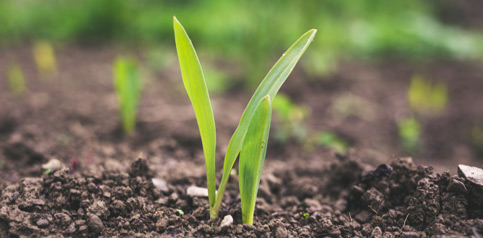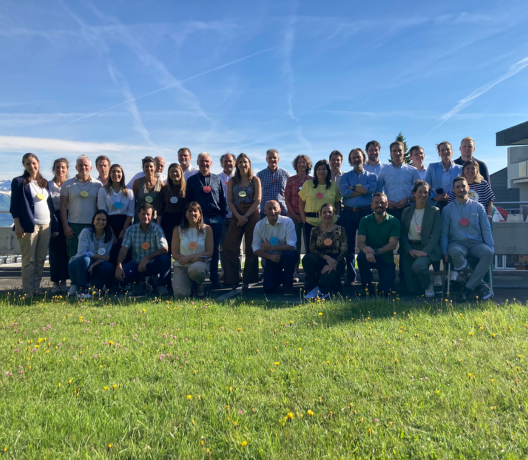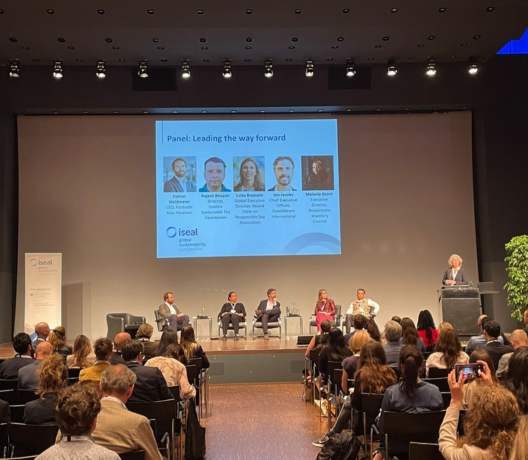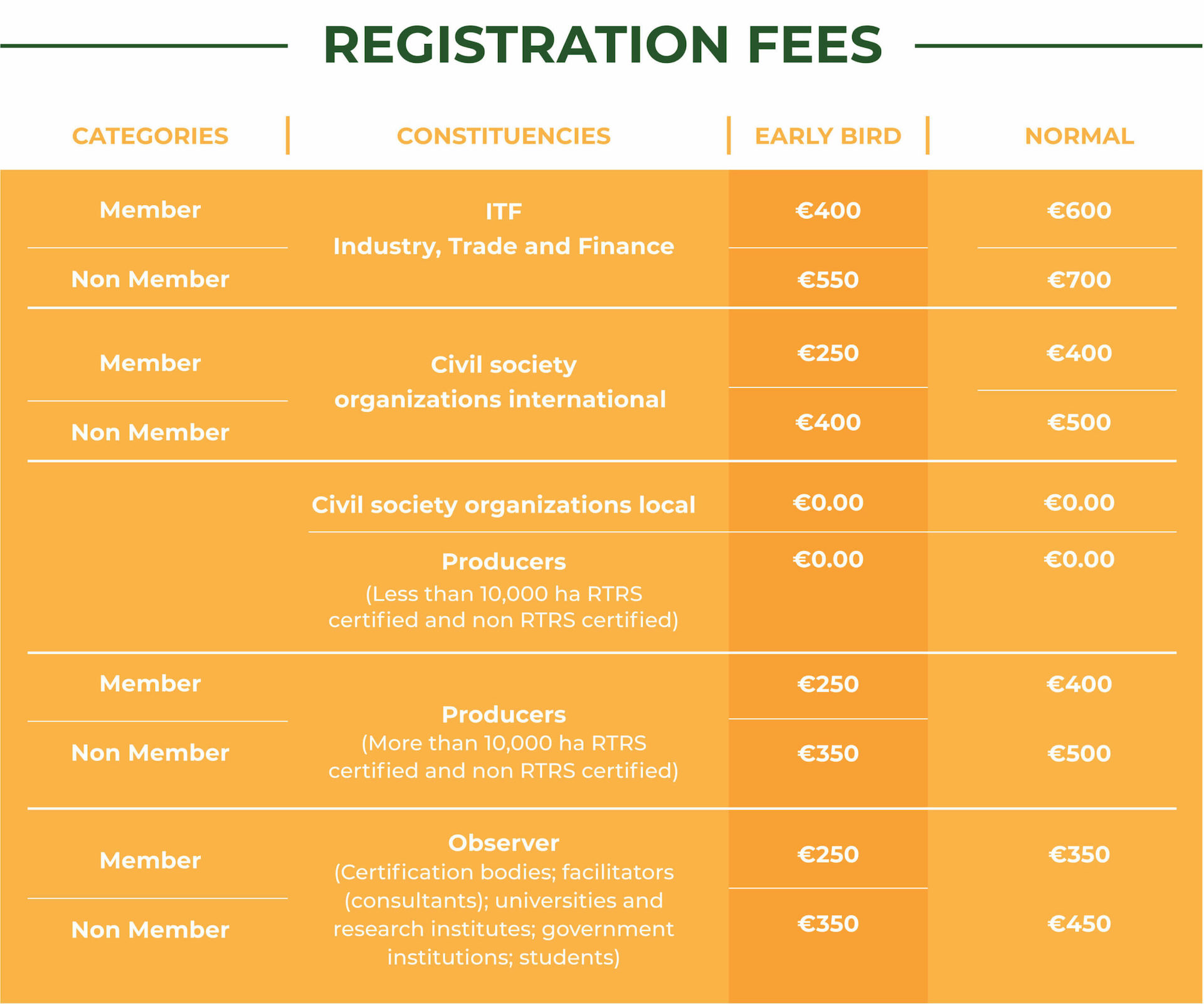2017: a year of strong growth for the Round Table on Responsible Soy
RTRS pioneers new ways to improve the quality, and reach, of its certification standard.
End of year figures indicate that 2017 marked another strong year of growth for the Round Table on Responsible Soy Association (RTRS), with a considerable increase in the tonnage of certified soy produced, and, importantly, a steady growth in the number of companies demanding RTRS certified soy, as a marker of their commitment to responsible soy procurement.
Nearly 4 million tons of RTRS certified soy were made available to the market in 2017 – an increase of 900,000 tons from 2016 figures. This continues the year on year increase in supply; in just four years, annual levels of RTRS certified soy have more than trebled, meaning that many millions more tons of soy are now being produced to meet the most rigorous, transparent and holistic standards of environmental and social certification, with no deforestation occurring as a result of their production.
Increased demand for responsible soy is one of the main ways that producers can be encouraged to certify more of their crops. Whilst currently there is RTRS certified soy, both in the form of credits and physical mass balance supply chains, waiting to be bought, RTRS is focused on continuing to build demand.
And demand looks like it is set to increase, as a wide range of industry players recognise the value of the standard. During 2017, 80% of the companies or organisations who joined RTRS were from the Industry, Trade or Finance sectors – 14 of the 17 new members. This is a positive indicator that demand for responsibly-produced soy is on the rise, building on the healthy sales levels of 2017 – which, at 2.2 million tons sold, represents an 8% growth in sales compared to 2016.
In a commitment to continually develop and improve its activity, and strive towards a future where 100% of soy produced and purchased globally is done so in a responsible manner, RTRS has been developing new relationships and practical ways of working in 2017:
1.
The Aquaculture Stewardship Council (ASC) has recognised RTRS as the most environmentally meaningful soy certification standard available, and has incorporated a requirement for feed manufacturers to use soy certified by RTRS, as part of their own commitment to reducing the environmental and social impacts of Aquaculture industry. RTRS is pleased to see the ASC join a number of other organisations, which have incorporated the RTRS standard within their own internal certification systems. Thanks to this relationship, more than 11,000 RTRS credits have already been sold in 2017 to companies related to the Salmon industry.
2.
RTRS is pleased to see its Standard for Group Certification (which enabled over 32,000 individual Indian producers to achieve certification in 2016) has continued to have an impact. In 2017, RTRS welcomed the Agricultores Federados Argentinos (AFA) – an organisation that represents over 20% of Argentina’s soy growers, and is predominantly made up of small producers (producing 450 tons per annum, or less). This year, the first AFA Group Certification was achieved, with a group of five producers certifying 433 hectares of soy cultivation in total. This project was supported by Shell and Cefetra, and has tremendous scale-up potential as AFA have nearly 17,000 associate producers who may choose to become RTRS certified.
3.
In another example of effective co-operative working this year, Itaipu Binacional (the company responsible for the bi-national ITAIPU dam in Paraguay and Brazil, and the largest generator of clean and renewable energy globally) has taken the RTRS certification standard as a reference of excellence. Itaipu Binacional are striving to continually improve their production and management practices, in light of the impact of the dam on all sectors of the soy value chain, including producers of all sizes within Paraguay and Brazil.
4.
Eager to move into new territories, RTRS has commenced work in Mozambique, Africa, and is currently evaluating the work carried out by the Dutch Sustainable Pork Value Chain Association (Keten Duurzaam Varkensvlees, KDV) and Solidaridad to support 2,000 soy farmers to improve their production through sustainable farming methods. In 2017, the first year of the project, two Producers Association of 48 and 175 members each, were granted RTRS certification, which means that 223 producers were certified in the country. It is hoped that RTRS certification will be able to be applied to this work, endorsing the partnership’s commitment to responsible pesticide use, respect for local communities’ land rights and preservation of valuable forests and biodiversity.
5.
In 2017, two major updates were made to the standard, representing RTRS’ commitment to continually improving the quality of its certification practices. In June 2017, RTRS announced an update which committed all its producers to a phasing out of Paraquat, leading to a total ban of Paraquat in the production of RTRS certified soy by 2021.
In November 2017, it was announced that the European Commission had re-approved an updated version of the biofuel-specific module of the RTRS standard (known as the RTRS EU-RED modules). Following updates by the EU to their renewable energy directive, RTRS responded, and this newly re-approved version enables member companies to demonstrate they are more robust in their practices, more accurate in their monitoring, and that they meet the revised Renewable Energy Directive in full.
Of RTRS’ performance in 2017, and plans for the upcoming year, Marcelo Visconti of RTRS said:
“2017 have demonstrated that there is an ever growing demand for the highest quality of responsibly sourced soy across the world. RTRS, offering a transparent and robust standard in soy certification today, is the perfect partner to provide the assurance of soy that is having minimal social and environmental impacts, and, critically, is not resulting in any deforestation.
Core to RTRS principles is the commitment to work in partnership; joining forces with other organisations, finding new ways of working and innovating to move towards a future where 100% of soy is responsibly sourced.
Looking to 2018, incentives and economic instruments must now be developed by both Governments and the private sector, to reward farmers’ efforts to conserve areas of native vegetation, even when they are eligible for legal clearance. RTRS can provide a solution here. Our commitment to reaching out, and working flexibly means that we are absolutely central to future transformation of the soy sector as a whole.”
Download infographics here


